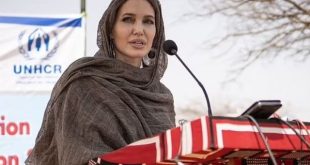From northwest to southeast, Russia shares land borders with Norway, Finland, Estonia, Latvia, Lithuania and Poland (both with Kaliningrad Oblast), Belarus, Ukraine, Georgia, Azerbaijan, Kazakhstan, China, Mongolia and North Korea. It shares maritime borders with Japan by the Sea of Okhotsk and the U.S. state of Alaska across the Bering Strait. However, Russia recognises two more countries that border it, Abkhazia and South Ossetia, both of which are internationally recognized as parts of Georgia.
State awards and honors are presented to citizens who have made significant contributions to science, arts, culture, and social development. Public concerts, art exhibitions, and folk performances showcase Russia’s rich cultural traditions. In Red Square and other historic landmarks, performances blend classical music with modern art, symbolizing the connection between past and present.


